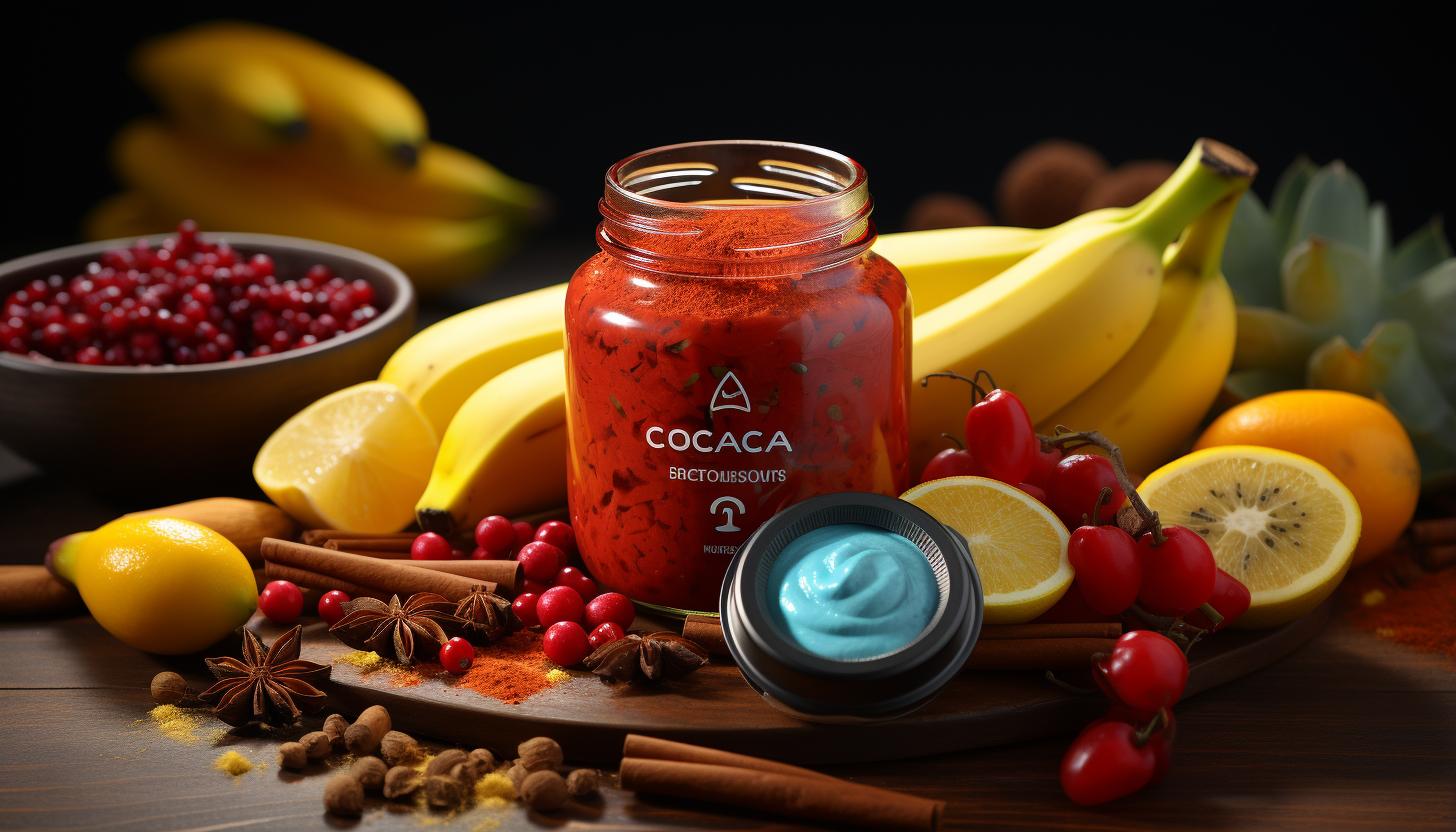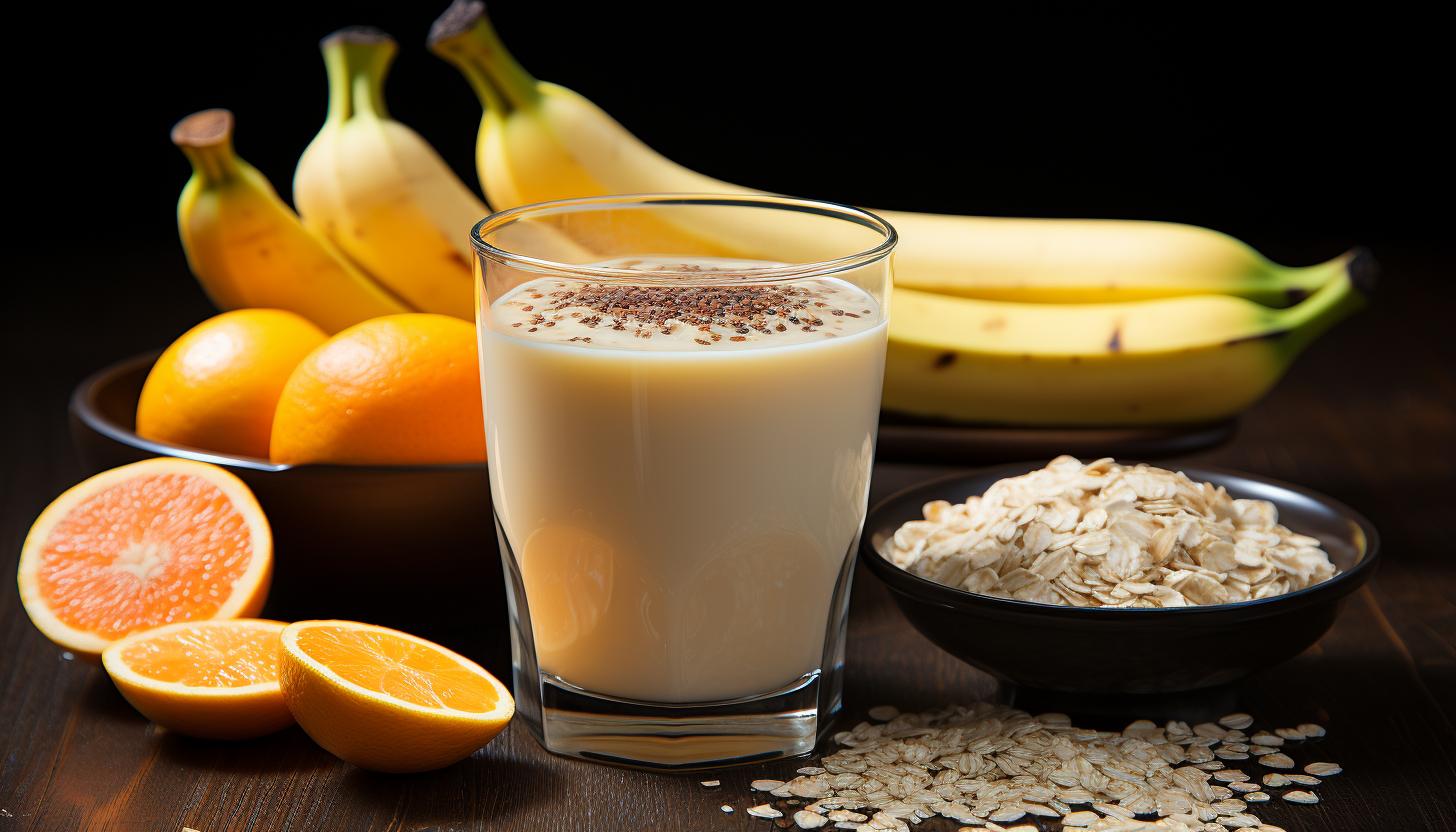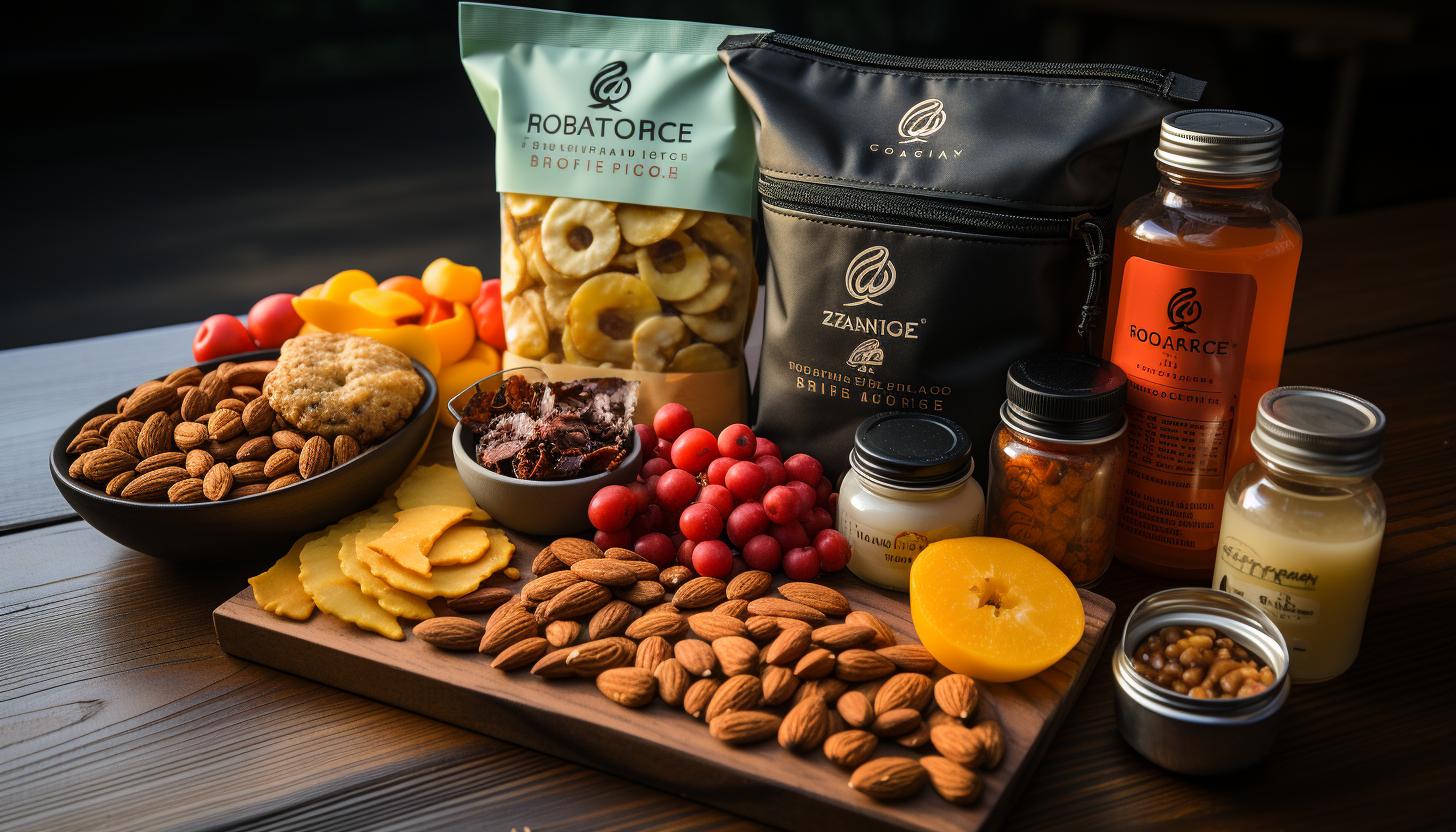Fueling Your Runs: Essential Sports Nutrition Products for Runners

Ready to take your running game to the next level? Fueling your runs with essential sports nutrition products can make all the difference.
Whether you’re a seasoned marathoner or just starting out, proper fueling is key to optimizing performance and achieving your goals.
In this article, we’ll explore the importance of fueling, pre-run nutrition essentials, on-the-go options, hydration tips, and recovery fuel.
Get ready to power up and hit the pavement with confidence!
The Importance of Proper Fueling

You need to understand the importance of proper fueling to optimize your performance as a runner. Nutrition plays a crucial role in providing your body with the energy it needs during exercise. One key aspect of fueling is nutritional timing, which refers to the strategic consumption of nutrients before, during, and after workouts or races.
To sustain your energy levels during long runs or intense training sessions, many runners rely on energy gels. These portable packets are specifically designed to provide quick and easily digestible carbohydrates, which serve as an immediate source of fuel for your muscles. Energy gels typically contain around 20-30 grams of carbohydrates per serving and are often consumed every 30-45 minutes during prolonged exercise.
The benefits of using energy gels extend beyond simply replenishing carbohydrates. They can also help delay fatigue by maintaining steady blood glucose levels throughout your run. Furthermore, they are convenient to carry and consume on-the-go without causing gastrointestinal distress.
Pre-Run Nutrition Essentials

Before a run, it’s important to consume the right food and drink to properly prepare your body. Fueling before a run can improve your performance, enhance endurance, and help prevent fatigue and muscle cramps. Here are three pre-run nutrition essentials that you should consider:
1. Carbohydrates: Consuming carbohydrates before a run provides your body with the necessary energy to fuel your muscles. Opt for easily digestible options like bananas, whole grain toast with peanut butter or honey, or oatmeal with fruits.
2. Protein: Including some protein in your pre-run meal can aid in muscle repair and recovery during exercise. Good sources of protein include Greek yogurt, eggs, or a protein shake made with whey powder.
3. Hydration: Proper hydration is crucial for optimal performance and preventing dehydration during your run. Drink water or sports drinks at least 30 minutes before you start running to ensure adequate fluid levels.
Nutritional timing also plays a significant role in optimizing your runs. Aim to eat your pre-run meal about one to two hours before you start running to allow enough time for digestion without causing discomfort during exercise.
Remember that individual preferences may vary, so it’s essential to experiment with different pre-run meal options and nutritional timing strategies to find what works best for you.
On-the-Go Fueling Options

When you’re in a hurry, it’s convenient to have on-the-go fueling options for your runs. Portable snacks and energy gels are two popular choices that can provide quick and easily digestible sources of carbohydrates, electrolytes, and other nutrients to keep you energized during your run.
Portable snacks are a great option for runners who prefer real food over processed products. You can choose from a variety of options such as granola bars, trail mix, or even homemade energy balls. Look for snacks that contain a good balance of carbohydrates, protein, and healthy fats to sustain your energy levels throughout the run. Make sure to also consider the portability factor when selecting your snacks – opt for individually wrapped items or small packages that can fit into your pocket or running belt.
Energy gels are another popular choice among runners due to their convenience and high carbohydrate content. These gels usually come in small packets that are easy to carry and consume while running. They provide a quick burst of energy thanks to their concentrated sugar content. However, it’s important to note that not all energy gels work well for everyone. Experiment with different brands and flavors during training runs to find the ones that suit your taste preferences and digestive system.
Hydration Tips for Runners

Staying hydrated is crucial for maintaining optimal performance during your runs, so it’s important to prioritize fluid intake before, during, and after your workouts. Here are three key strategies to help you stay properly hydrated and maximize your running performance:
1. Electrolyte Replenishment: When you sweat during a run, you not only lose water but also essential electrolytes like sodium and potassium. These electrolytes play a vital role in muscle function and hydration balance. To replenish them, consider drinking sports drinks or using electrolyte tablets that can be dissolved in water. These products provide the necessary electrolytes to help prevent dehydration and muscle cramps.
2. Hydration Strategies During Long Runs: For longer runs, it’s essential to have a hydration plan in place. Carry a handheld water bottle or wear a hydration pack that allows you to sip fluids throughout your run without interrupting your stride. It’s recommended to drink about 4-8 ounces of fluid every 15-20 minutes during longer runs to maintain proper hydration levels.
3. Monitor Your Fluid Intake: Pay attention to signs of dehydration such as dry mouth, dark urine, dizziness, or fatigue. It’s crucial to listen to your body and drink fluids even before you feel thirsty because thirst is often a late indicator of dehydration.
Recovery Fuel for Optimal Performance

To maximize your performance, it’s important to prioritize proper recovery nutrition after your runs. Your body needs adequate nutrients to replenish glycogen stores, repair muscle damage, and reduce inflammation. By implementing effective recovery strategies and incorporating the right post-run nutrition, you can expedite the healing process and get back on track faster.
One of the key components of recovery is consuming a balanced meal or snack within 30 minutes to an hour after your run. This window of opportunity allows for optimal absorption of nutrients by your muscles. Aim for a combination of carbohydrates and protein in a ratio of 3:1 or 4:1 to promote glycogen synthesis and muscle repair.
Here’s a helpful table outlining some examples of post-run foods that are rich in both carbohydrates and protein:
| Carbohydrates | Protein |
|---|---|
| Greek yogurt | Almonds |
| Banana | Chicken breast |
| Quinoa | Cottage cheese |
Additionally, don’t forget about hydration! Replenishing fluids lost during exercise is crucial for proper recovery. Be sure to drink plenty of water throughout the day as well as electrolyte-rich beverages like sports drinks or coconut water.
Conclusion
In conclusion, taking care of your nutrition while running is crucial for optimal performance. By fueling your body properly before and during runs, you can enhance your endurance and maintain energy levels. Remember to choose nutritious options that provide a balance of carbohydrates, proteins, and fats.
Stay hydrated throughout your runs by drinking water or sports drinks. And after you’re done running, replenish your body with recovery fuel like protein shakes or snacks. By following these tips, you’ll be well-equipped to conquer any distance with strength and vitality.
Rhetorical Device: Metaphor






